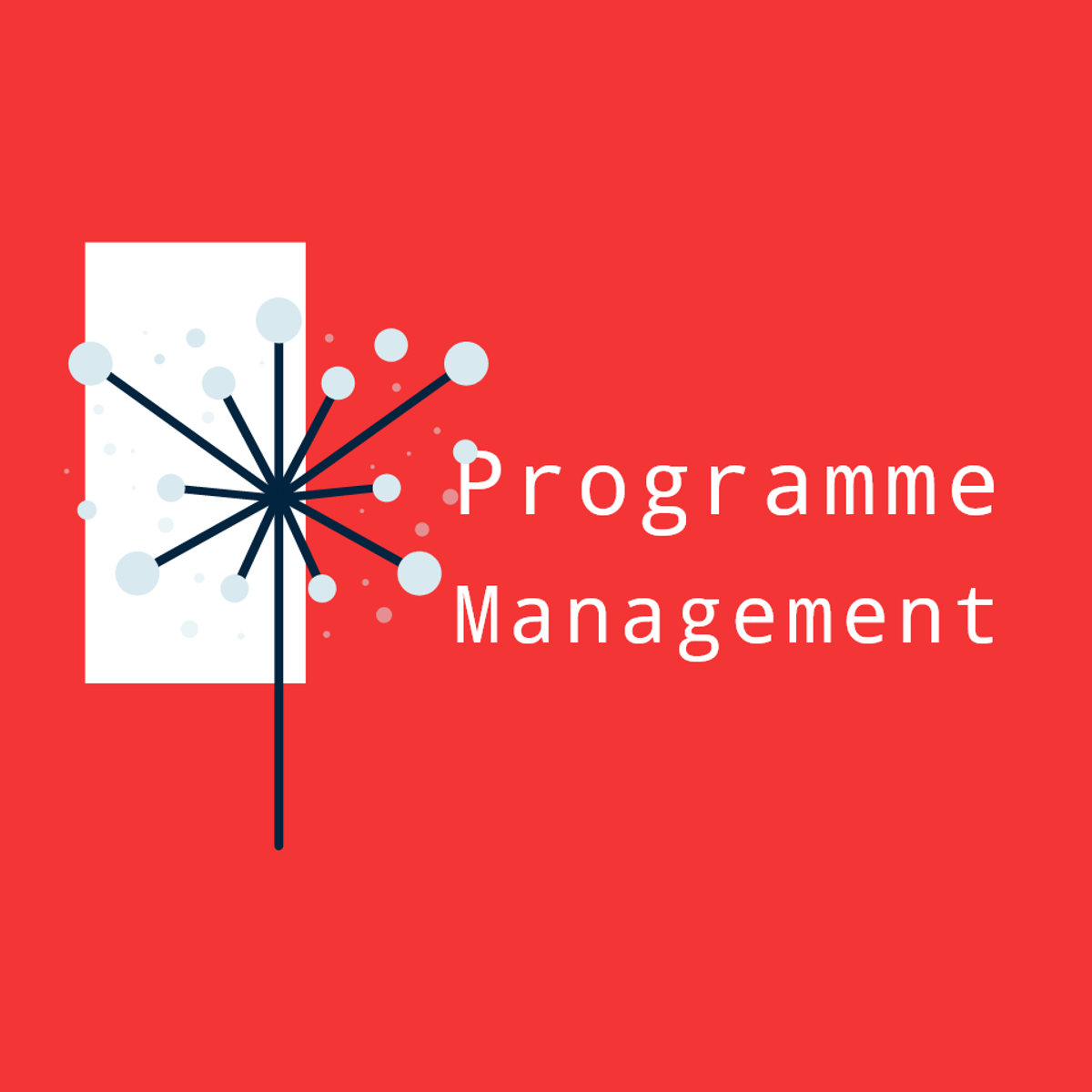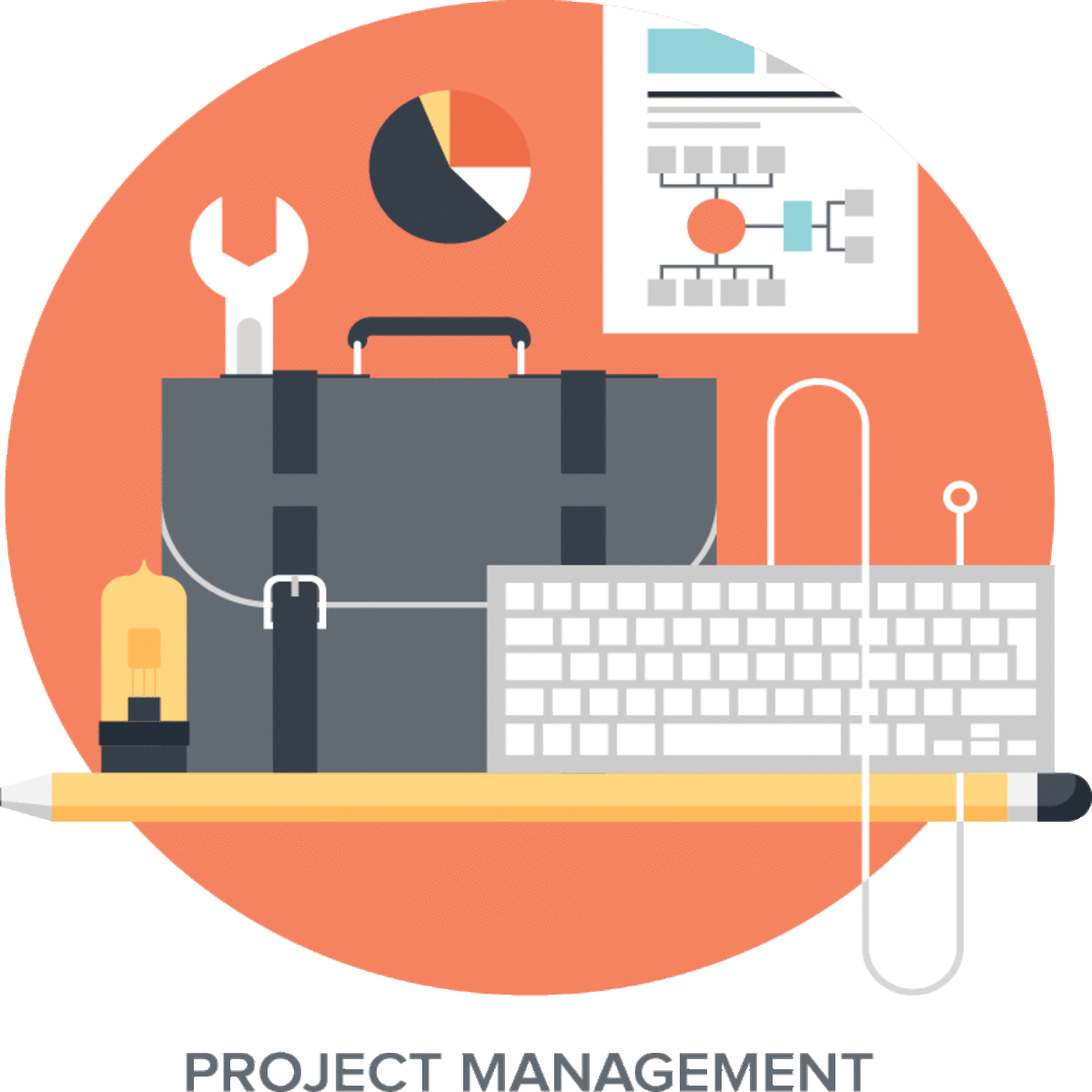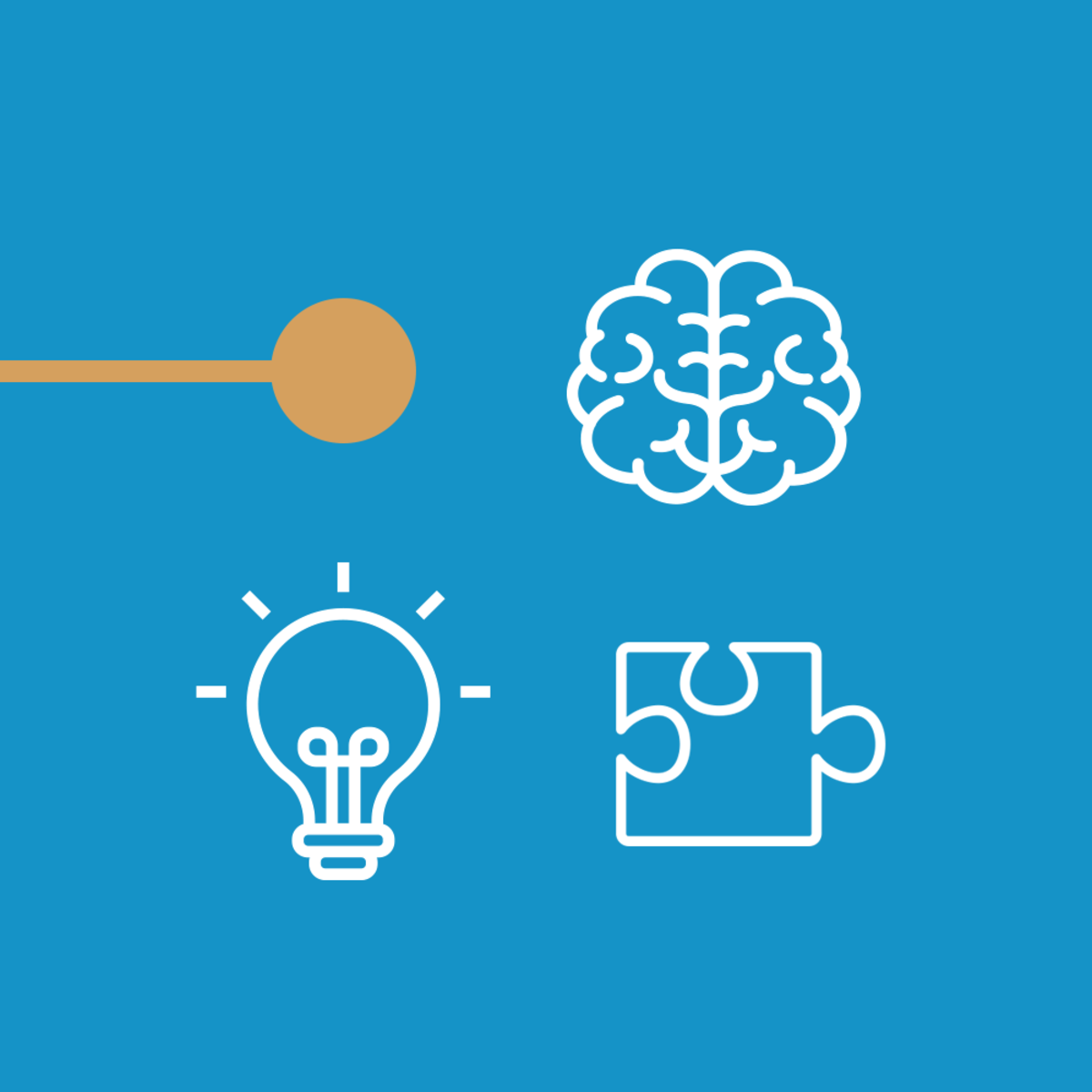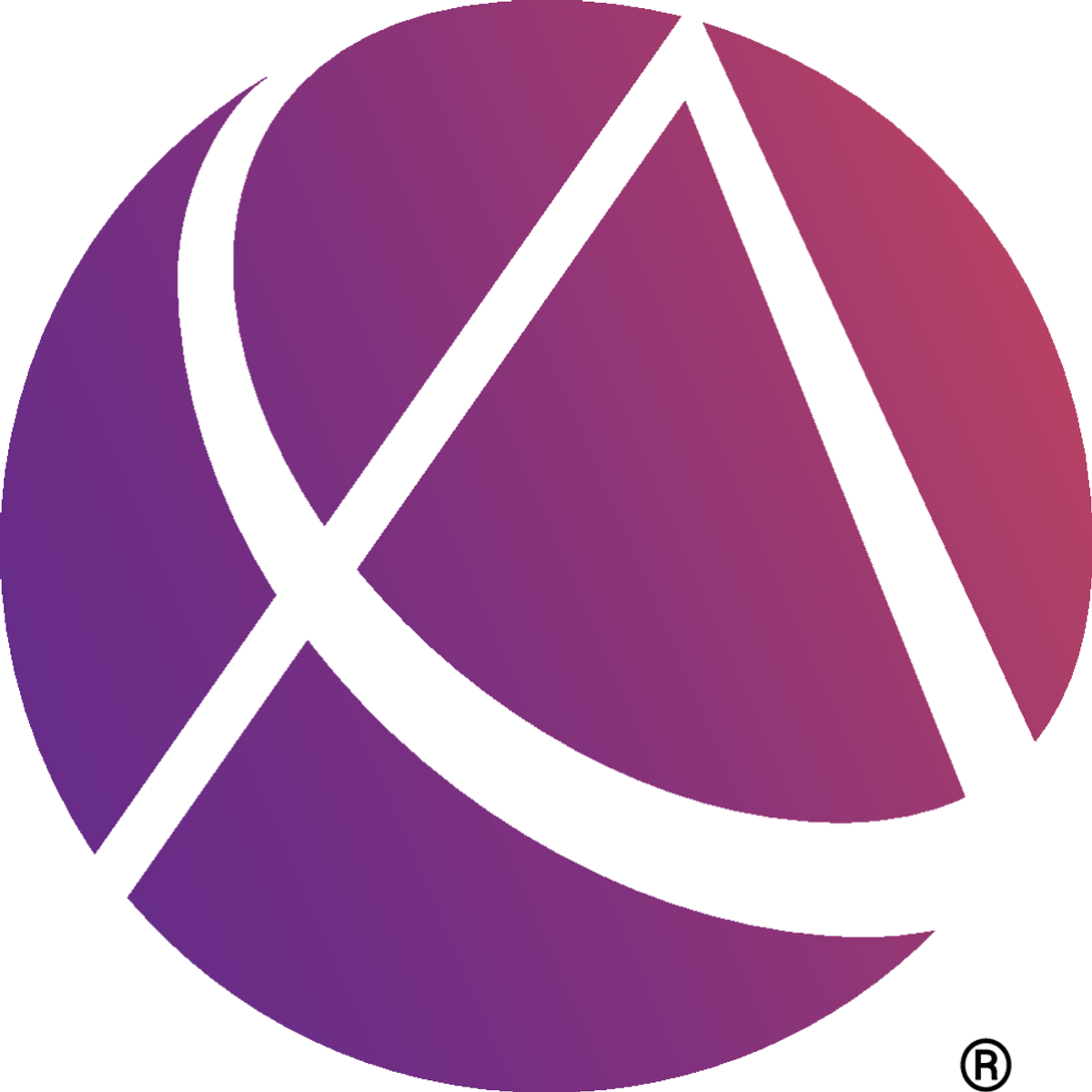Back to Courses









Leadership And Management Courses - Page 39
Showing results 381-390 of 600
Managing Supply Chain Disruption During COVID-19
In this course, you will learn about why and how supply chains become susceptible to a disruption. We will examine this by discussing supply side and demand side issues, primary supply chain flows, complexity, risk management and a combination of solid theoretical supply chain perspectives and current real-world stories. You will learn about the structural, relational and operational factors that come into play during a supply chain disruption and the mechanisms for the effective management of these factors. Your understanding will be enhanced through examples from manufacturing and health contexts, and the PPE supply chain disruption during COVID-19.

Management of Fashion and Luxury Companies
Learn how fashion and luxury companies work and understand their brands, products, retail, and communication strategies. Travel through business models, international development, and product categories with industry influent experts.
Adopting a case-study approach, the course presents strategic brand management in luxury and fashion companies as a balancing act: tradition vs. innovation, expertise vs. experimentation, casual vs. stylish; in order to increase the brand value by nurturing the brand heritage and at the same time staying fresh, relevant, and contemporary in the global marketplace.
Topics such as the impact of new retail channels, new media channels, and new business declinations for the brand and emerging markets will be discussed in the course.

Organization Planning and Development for the 6 σ Black Belt
This course is designed for professionals interested in learning the principles of Lean Sigma, the DMAIC process and DFSS. This course is number 1 of 8 in this specialization dealing with topics in Organization Planning and Development.
Professionals with some completed coursework in statistics and a desire to drive continuous improvement within their organizations would find this course and the others in this specialization appealing.
Method of assessment consists of several formative and summative quizzes and a multi-part peer reviewed project completion regiment.

Program Resource Planning with ClickUp
By the end of this guided project, you will be fluent in creating Program Resource Planning artefacts for the Planning Phase for diverse programs. You will utilise a logical diagramming plan in an agile environment to develop the solution. This will enable you to identify and classify the required components for resource planning. Furthermore, it will help develop a structural model for learning about the field of Program Management.
If you are interested in building up the knowledge leading to this guided project, the following is the link to:
[ Developing Programme Management Blueprint with ClickUp]
https://www.coursera.org/projects/program-blueprint
[Advanced Programme Planning Phases Framework in ClickUp]
https://www.coursera.org/projects/program-advanced-planning
This Guided Project is essential for individuals wanting to learn about the field, or looking to transition into working in Program Management. This guided project is designed to engage and harness your visionary and exploratory abilities. You will use proven models in an agile environment with ClickUp to engage in a hands-on learning experience.

Construction Project Management
Construction Project Management introduces learners to Project Initiation and Planning. Columbia University professor, Ibrahim Odeh, along with industry experts join together to provide a comprehensive overview of the construction industry. There are 10 modules that allow learners to become knowledgeable of construction management within the dynamic construction industry.
Professor Odeh teaches learners about the fundamentals of the Project Development Cycle while guest lecturers discuss Lean Project Delivery method and Lean Design Behaviors. Technological advances, such as Building Information Modeling (BIM), will be introduced with real world examples of the uses of BIM during the Lifecycle of the Project. The course concludes with Professor Odeh discussing the importance of project planning and scheduling and an opportunity to develop a Work Breakdown Structure.
By the end of this course, you will be able to:
-Learn about construction management, including an understanding of the construction industry, the role of a project manager, construction contract types, and project delivery methods
-Explain the fundamental principles to establish Environment, Health and Safety in the construction industry
-Detail the principles and application of sustainability development in construction industry
-Summarize the work breakdown structure (WBS) and estimate the construction activity duration

Intelligence Tools for the Digital Age
Digital technologies are changing business, government and society worldwide. Clearly, they’re opening up new risks and opportunities for every sector of the world economy. Such “futurology” may offer you the big picture, but what does a digital world mean for you, personally? Will you be ready for an automated, AI-assisted, big-data-driven employment future?
This course provides you an answer to these questions, and it does so from a unique perspective: by introducing you to the world of intelligence analysis. First, this course explains some of the skills that will command a premium in the digital age, and why. Then, it offers you mental models and practical frameworks developed by the US intelligence community to give you a cognitive edge understanding the digital world. This edge is not about spying or secrets. It’s about better thinking. This analytic toolkit has nothing to do with tired, static MBA-style strategy frameworks. Instead, these tools to help you come to grips with the volatility, uncertainty, ambiguity and deception of the digital age. Ultimately, this course makes the case that as the world becomes more digital, your future success depends most of all on asking better questions of both yourself and others. Therefore, it teaches you how to adopt an intelligence analyst’s question-asking mindset. In short, take this course to acquire a sustainable business advantage through clearer, more structured thinking.

Leading Diverse Teams & Organizations
In this new course, you'll gain evidence-based knowledge and practical tools to help you design and lead diverse, equitable, and inclusive (DEI) teams and organizations. Whatever your background, and wherever in the world you may be, you’ll gain tools to accelerate your personal journey to lead diverse teams and organizations. This program is specifically designed to accommodate learners from different backgrounds (gender, race, country of origin, etc) as well as different starting knowledge points (new to the topic or social justice warriors). In the course, you’ll learn to better understand yourself and your personal identity in the workplace and gain new skills to identify privilege, implicit bias, and microaggressions in your organization and to take action as an active ally and change advocate. After hearing from experts representing a diverse array of real-world perspectives, you’ll understand best practices for equitable organizational processes and norms and inclusive behavioral practices in teams. Finally, you'll learn about best practices for organizational DEI strategy, including the role of metrics in DEI work and how DEI work can be integrated into the heart of an organization. At the end of the course, you’ll create a DEI action plan which you can apply to your own life and workplace.
Throughout the course, you'll:
- Describe the organizational benefits of diversity, equity, and inclusion
- Identify the conditions under which diversity is most likely to benefit teams and organizations.
- Deepen your understanding of different demographic differences and how identity, implicit bias, and structural inequalities impact workplace dynamics.
- Identify best practices for equitable organizational processes and norms.
- Incorporate important considerations for how to lead inclusive teams, including conflict management skills, group decision making best practices, and emotion regulation.
- Gain tools for the implementation of DEI strategies in organizations, including the architecture of DEI groups, the role of data and metrics, and tools to integrate DEI into the very heart of an organization.

Managing Talent
In this course, you will learn best practices for selecting, recruiting, and onboarding talent. You will also learn about the key approaches to measuring performance and evaluating your employees. In addition, you will learn how to develop and coach your talent so that they can realize their full potential at work. Altogether, you will gain a thorough understanding of the complete cycle of managing talent and creating a robust talent pipeline for your team and organization.
Managing and developing talent is one of the top 3 issues on the minds of CEOs from around the world. In fact, CEOs cite managing and developing their leadership talent as the issue that is most important to the future success of their business but that their organizations are least capable of addressing effectively. This course will provide you with the insights, frameworks and tools to effectively manage and develop talent in your teams and organizations.

Innovation Demystified: Tools for Finance Professionals
Introducing the tools, methods and mindset that will enable contributions to any organizations’ innovation agenda, this course illustrates practical techniques specific to driving innovation. You will learn how and why leading, measuring, and executing innovation takes tools, methods and mindset different from those used to operate an established business. The course addresses the special perspective, opportunities and requirements of accounting and finance professionals, who are uniquely positioned to build a modern partnership with their Digital, Transformation, Product, Marketing, Technology, Operations and other colleagues to help their organization’s innovation efforts succeed. The topics covered will provide you with the ability to:
Describe how innovation can help your organization stay ahead of customer or user needs and other trends needed to survive.
Recognize the top barriers to innovation in your organization
Describe the role of leadership in creating and supporting a mindset of innovation
Explain how the nine elements of the Seek, Seed, Scale framework can be applied as a set of principles and tools within your role to effectively set you up as an innovation enabler for your business or industry.
Recognize areas of opportunity to leverage your skills as a finance professional to assist your business’ innovation efforts, and where these can be enhanced and expanded with new learning.

Storytelling and influencing: Communicate with impact
An ambitious vision for the future of your organisation isn’t enough – how do you communicate this vision to get your colleagues on board? The ability to effectively communicate and persuade others is a key leadership skill. Traditional and common-sense models of communication and persuasion often fail to capture the complex nature of ‘influencing’. Via structured learning activities (video lectures, quizzes, discussion prompts and written assessments) this course will develop your capacity to communicate appropriately in different situational and cultural contexts, making you a highly influential leader.
Popular Internships and Jobs by Categories
Browse
© 2024 BoostGrad | All rights reserved


